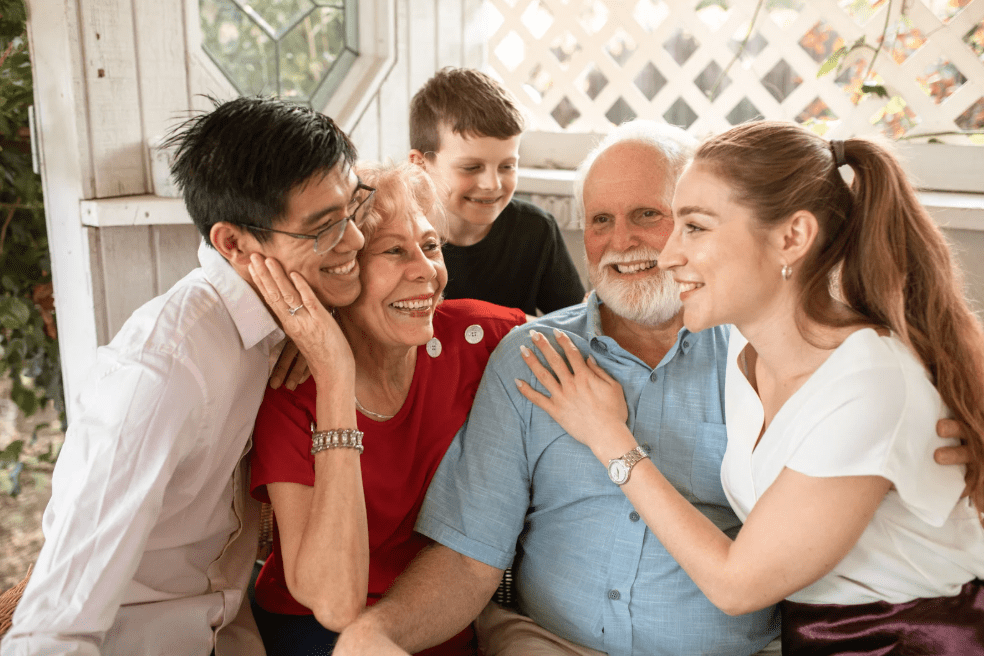Table Of Contents
Last week, Andrew Rutz, as the Chairman of the Indiana State Bar Association (ISBA) Military and Veterans Affairs Committee, testified before the Senate Judiciary Committee on Senate Bill (SB) 547 and PTSD. SB 547 establishes a veterans problem solving court in every judicial district in Indiana. There are 26 judicial districts, and a veterans court is operating in 15 of those districts according to Indiana Code 33-23-16. The bill also gives the Indiana Judicial Center authority to seek funding for the courts. The Indiana Senate Judiciary Committee referred SB 547 to the Senate Finance Committee for considering budget ramifications.
Veterans Courts
A veterans court is a specialized problem solving court designed to address the unique problems veterans face. Veterans with PTSD or TBI are more likely to have involvement with the criminal justice system. For example, veterans suffering from PTSD frequently “self medicate” which results in substance dependence or alcohol abuse. The American Psychological Association’s Diagnostic and Statistical Manual includes “avoidance” as an element in the diagnosis of PTSD. “Avoidance” is behavior that results from efforts to “avoid” re-living a traumatic experience like combat. Unfortunately, many service members isolate themselves (thereby limiting any support from family or friends) and retreat to a lonely existence abusing alcohol and/or controlled substances. This, in turn, can increase the rate of involvement in the criminal justice system for driving while intoxicated, public intoxication, possession of a controlled substance, domestic battery, and a host of other offenses.
“The Invisible Wounds of War”
In a 2008 study, titled “The Invisible Wounds of War,” the Rand Corporation estimated the cost of PTSD ranged from $4.0 to $6.2 billion per year. The bulk of this cost was medical treatment and lost job productivity, but consideration of the cost to the criminal justice system from increased veteran involvement should be considered as well. In a veterans court, a case management team employs all the tools available for veterans to achieve rehabilitation — vocational rehabilitation, VA counseling, VA pension and compensation programs. Compensation for lost occupational functioning can relieve some of the financial stress many veterans feel in addition to the struggles with PTSD and its symptoms.
Our veterans disability advocate are dedicated to helping veterans maximize the compensation benefits available that help veterans and their families. In that small way, Veterans Help Group help individual veterans and contributes to mitigating the larger social costs of wars in Vietnam, Iraq, and Afghanistan. Likewise, veterans courts help reduce the human, economic, and social costs of PTSD.
We work for veterans around the country. You can learn more here about our specific advocate services for Indiana veterans.

Veterans Help Group Serving Our Community
Veterans Help Group Serving Our Community By Bobbi Boudi, Director of Community Outreach & Amy...

How Much Back Pay Will You Receive?
What is VA Disability Back Pay? VA disability back pay is payment for benefits the veteran was...

Your Guide to VA Ratings: Sleep Apnea
Your Guide to VA Ratings: Sleep Apnea Sleep apnea can be a serious condition that may impact...





